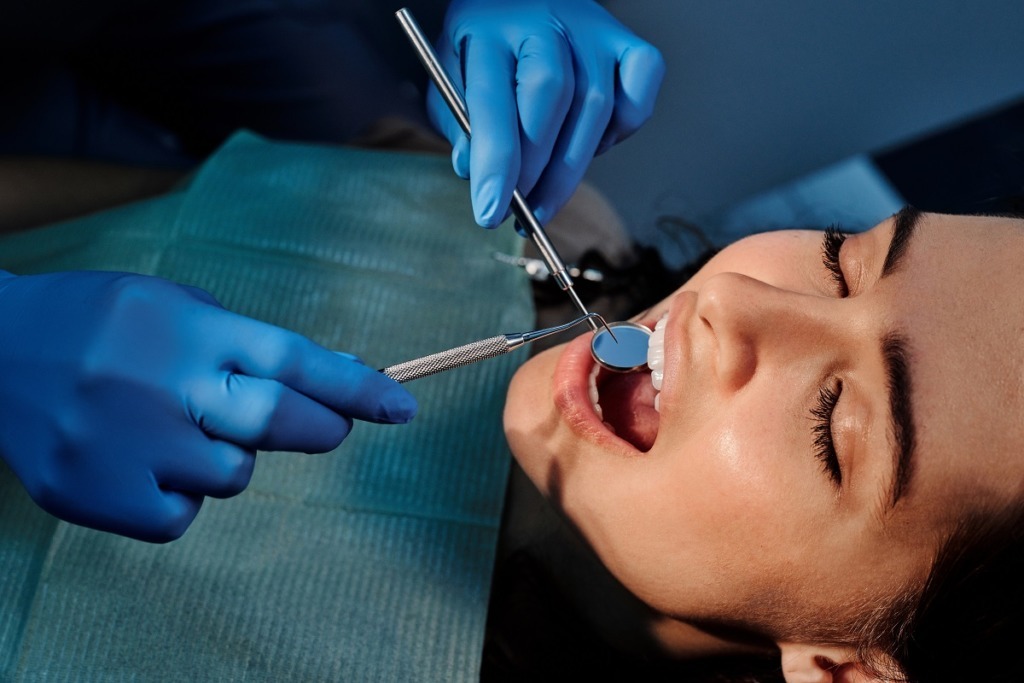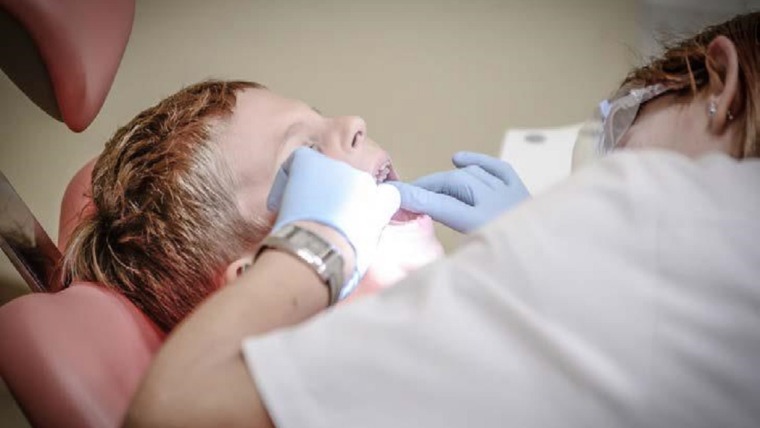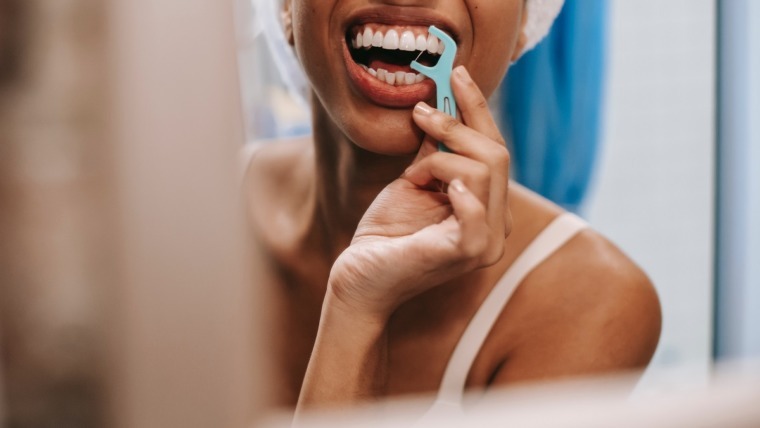Who Wants To See A Dentist

Written by Dr Jeffrey Kestenberg MDSc LDS FRACDS Dentist at Coburg Dental Group
With most interstate borders now opening to some degree, in time for the holiday season and hopefully, international travel likely to resume in the near future, it’s time to be prepared to look after our health within the context of the complex and forever changing rules that have now become part of our lives. The rules related to mask-wearing, social distancing and especially vaccination status, vary considerably from one jurisdiction to another. In addition, we have already witnessed on many occasions, that the rules can change dramatically with very short notice.
However, the situation can be even more confusing even if we travel within our own state or territory or even just an hour or two away from home, as some governments will impose rules for some local government areas.
Furthermore, individual business owners, corporations, venues, and other facilities may have their own COVID-safe rules as they interpret their requirements for their unique working environment. Healthcare facilities are a common example where rules will differ depending on the nature of their work.
I have personally experienced differences in the rules related to visitors and accompanying carers in hospitals and clinics. Some clinics will not treat people who have travelled from interstate hotspots until they can show a negative COVID PCR test. A rapid antigen test is not acceptable for some operators. Too bad if you have a raging toothache.
In the context of the COVID pandemic, make sure that you have plenty of good masks. Some locations won’t accept homemade masks as being suitable for clients to wear. Also, ensure that you have your vaccination certificate handy to show proof of your vaccination status. I would suggest carrying a paper copy of the certificate as a backup although it may not be accepted at some locations due to the ease of producing a forgery. These days it’s always a good idea to practice social distancing wherever you can and wear a mask if you can’t socially distance. Carrying a small bottle of hand sanitiser for personal use is also worthwhile.
But putting the COVID pandemic issues aside, the best way to be prepared for healthcare including dental care while you travel is to ensure that all is well before you travel, to try to avoid visiting a strange dentist while you are away. I would recommend visiting your dentist before you leave to have a general check-up including x-rays and a clean if required. I would suggest making this appointment several weeks before you leave if possible so that the dentist has time to schedule an appointment or two if some further treatment is required.
If you’re travelling overseas, it’s a good idea to take out travel insurance as dental treatment in many countries is very expensive and difficult to access. Some countries have now mandated that travellers have travel insurance and these policies need to include coverage for the treatment or management of COVID-19. These countries won’t issue a visa until proof of purchase of insurance is produced. Most policies would include dental care as part of the healthcare coverage, but you do need to read the fine print. You need to ensure that the insurance company can help you find a dentist if needed but also that they will honour a claim from a dentist of your choice if that is your preference. Some companies will give a rebate on each item number whilst others will pay back the total fee less an excess if applicable. Total limits for a claim may also be part of the policy schedule. Comparing policies and finding the right one for you, can be very difficult
When claiming on travel insurance, many insurers will request a report from your regular dentist at home to ensure that your dental health was good before you went on your trip. They may even request to see a copy of your x-rays and all of your treatment records. Often there is a cost associated with your dentist providing this report and this cost is not covered by the insurance policy. All insurance policies also have many exclusions, some of which are very obvious, such as cosmetic procedures, the treatment of tooth decay and the treatment of any pre-existing conditions. Other exclusions such as excluding all care except providing what they define as emergency care only, can make the process very confusing. Making a successful claim on travel insurance can be very difficult.
However, even the best-prepared people have accidents and dental care may become an urgent matter. This recently happened to my brother who broke a tooth while eating an olive that should have had the pip removed. He was interstate and was stuck because the interstate border was closed. Normally he would have come home to have his dental treatment performed by me, especially because it’s free! With no hint about when the border was going to open and the fear that if the tooth was left, it may deteriorate and then need a root canal treatment or extraction, he needed to see a dentist quickly.
So How Do you Select A Good Dentist When You’re Away In A Strange Place?
Clearly, we all want to see a dentist who is experienced, knowledgeable, friendly and can see us with a minimum of delay. The dentist also needs to be willing to provide a report including a copy of any x-rays to support your claim. It’s also a good idea to have photos of your affected tooth to include in your claim documentation.
Firstly, as a general rule the cheapest dentist is not necessarily the best dentist so shopping around for a dentist based on price may cost you more in the long term.
Your travel insurance company may recommend a dentist but invariably their choice is based on price and not experience or knowledge. Some of these dentists are contracted to the insurance company and are incentivised to provide the lowest cost treatment which is not necessarily in your best interest.
I have always found that the local doctor or pharmacist can give you a good recommendation by simply asking “Which dentist do you go to?” It is highly unlikely that they would go to a sub-par dentist.
Another good idea is to contact your dentist at home, to discuss your immediate needs and they may know a dentist who can see you or they can make contact with people who can make an appropriate recommendation.
If you need to make a “cold” selection, then look at the qualifications of the dentist. Did the dentist study at a good university? Do they have any additional qualifications such as a masters’ degree or a college fellowship? Are the premises clean, and modern-looking? Are the staff friendly and helpful? Does the dentist or a member of the staff speak English or have an interpreter available? Do they have good reviews? (I am somewhat cautious about social media reviews). Do they have a COVID-safe plan?
Finally, you always have the option of seeking a second opinion if you are not confident with your chosen dentist, but you may find that your travel insurer will not pay for a second opinion unless they have requested it.
Wishing you all a safe and healthy new year.
Who Wants To See A Dentist Who Wants To See A Dentist Who Wants To See A Dentist Who Wants To See A Dentist



